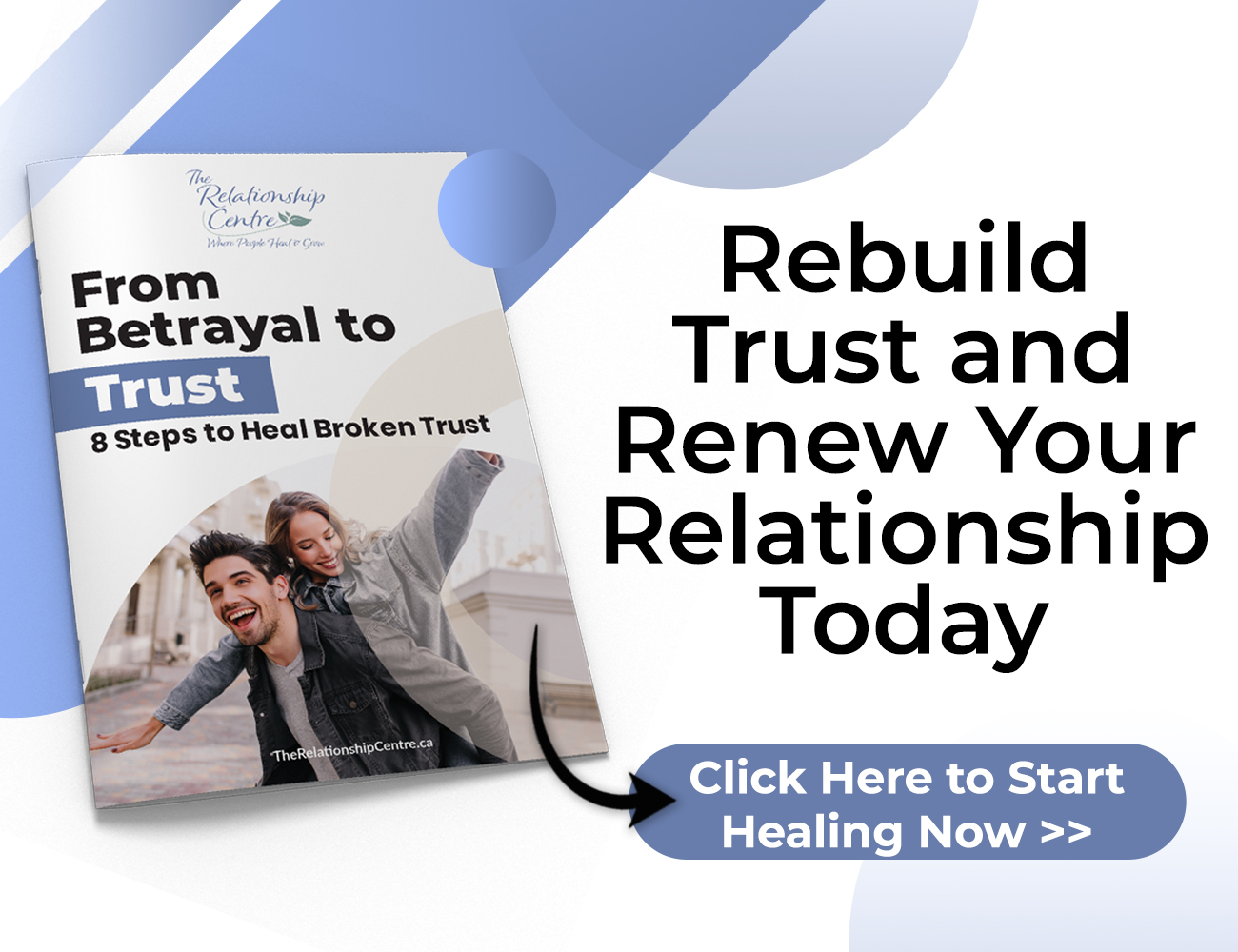Are you a couple going through challenges with your in-law relationships? If so, the experience is not all that uncommon. Yes, some couples have relatively harmonious in-law relationships with only occasional ups and downs. However, other couples go through significant in-law conflict to the point that it damages their primary relationship or even breaks it up altogether.
The image of an emotionally manipulative mother-in-law wreaking havoc on her adult child’s marriage or relationship comes to mind for many when they think of in-law conflict. The sitcom “Everybody Loves Raymond” offered a comical exaggeration (hopefully at least!) of manipulation that isn’t all that unusual for some couples. Still, in-law conflicts come in all types and many times don’t fit the stereotypical idea of what some imagine them to look like.
Why exactly are in-law relationships challenging for so many couples? Shouldn’t everyone just view themselves as on the same team and support each other so families can thrive? What follows are several thoughts on what makes in-law relationships difficult for many couples. My follow-up article will detail some specific steps you can take to improve in-law relationships whether they are relatively healthy, strained or obvious conflict is present.


Walking Into the In-Law Unknown
When a couple starts dating or gets married, the thought that in-law dynamics could affect their future happiness as a couple is rarely considered. That makes potentially problematic in-law relationships sort of a loaded gun. You go into potential conflict unaware of what’s about to happen.
It’s easy for couples to assume that in-law relationships will just naturally be amiable. You and your significant other love each other and that’s enough, right? Fairly frequently, however, that is not the case. So, it can feel a bit like walking into an ambush when significant problems arise because you likely weren’t expecting them.
Being unprepared for how to deal with in-law conflict often only leads to greater conflict. Most marry or get deep into a relationship before ever even considering that the in-laws could impact their most vital bond in certain significant ways for good or bad. You have so much invested by then that it can be hard to know what to do if things get bad.
Struggles with Loyalty
Another frequent challenge for couples, especially new ones, is a blurred line of loyalty. Couples often don’t think about how primary loyalty needs to shift from their original family to the primary relationship once they become committed. Whether you have children or not, your commitment as a couple is the start of your new nuclear family. If that shift of primary loyalty from your family of origin to your partner or spouse doesn’t happen, there will be inevitable relational struggles.
This is rarely discussed or taught in society, so couples often don’t seek help until there are significant problems. Too strong of an attachment between an adult child and their parent can undermine the adult child’s romantic relationship in substantial ways.
Sometimes the parent of the adult child will hang on too tightly to them, which leads to conflicts in the adult child’s relationship. For instance, there can be too much discussion between the child and their parent about the adult child’s relationship. Sometimes more information is shared than should have been. This can lead to an adversarial relationship with in-laws for the partner not originally from that family.
This all can happen intentionally or unintentionally on the part of the adult child’s parent. The same is true for the adult child. If this loyalty imbalance isn’t addressed, it can lead to the other partner feeling neglected, disrespected or excluded. More than one argument in a relationship has happened because of this unhealthful dynamic. And once one happens, there will inevitably be more until this loyalty imbalance is adequately handled.
Otherwise, too much involvement from the in-law parents in the form of controlling behaviours, meddling or belittling could occur and continue. This only further drives a wedge into the adult child’s romantic relationship until conflict resolution in relationships happens.
A Blurred Line of Independence
Along with this, when a partner’s loyalty is primarily with their family of origin rather than the nuclear family they have started, there isn’t a healthy break from childhood. In these cases, parents tend to still view their adult child as an actual dependent child who needs parenting rather than a grown child who requires autonomy.
This can lead to unhealthy control and power that undermines the adult child’s significant-other relationship. And as said earlier, the adult child either knowingly or unknowingly participates in this.
The Other Partner Can Struggle to Fit into the In-Law Family
There are several reasons why the other partner may struggle to mesh well with their in-law family. First, research has shown that romantic couples tend to be far more open-minded about who they choose to love than their parents are comfortable with.
In her “Psychology Today” article entitled, Why Getting Along with a Mother-In-Law is so Difficult; Madeleine A Fugere Ph.D. shares the following:
“We may choose mates for ourselves whom our parents would not have chosen for us. This may lead to an initial dislike on the part of our in-laws, which can be difficult to overcome.”
Suppose the adult child marries someone from a different cultural or socio-economic background. In that case, the parents may struggle to accept the adult child’s spouse or partner, leading to conflict. Thankfully, these differences are sometimes ironed out, although not always.
What if the adult child’s romantic partner regularly feels disrespected or treated unkindly by their partner’s family? In that case, the tendency is for that partner to pull away from the in-law family unit out of resentment and self-preservation.
Also, the partner not from the family of origin likely grew up in a significantly different family than their partner. For this reason, the incoming mate tends to more easily pick up on dynamics in the partner’s family that may be odd, quirky or downright dysfunctional.
And many times, the partner initially from that family can’t as quickly notice these issues the other partner can because they’ve normalized the behaviours. This can lead to a denial that problems are happening by the partner from the in-law family, further breaking down trust with the other partner while increasing conflict.
Also, the adult child’s parents may see things in their child’s partner they don’t like but that either doesn’t bother their adult child or they’re unable to see. And so, there are a variety of possibilities why the partner not from the family may struggle to bond with the in-laws.
Conflicts arise over differences of opinion about what’s going on in the partner’s family of origin. This is especially true if one partner doesn’t feel defended by the other partner when it comes to tense in-law interactions.
Differing Values
If you have a healthy relationship with your mate, you likely have similar life values. You both may be very different in personality, but the same things matter to you. What you consider essential in life determines your life ambitions and goals.
If your in-laws hold different values than you do as a couple, that can easily lead to conflict. Further complicating matters is just how different one generation can be from another. These differences in priorities and how we see the world can cause significant disagreement in in-law relationships.
Are In-law Relationships Challenging for You as a Couple Lately?
Conflict resolution in marriages and relationships can sometimes be tough to handle on your own. If you feel like you’re stuck in an unhappy relationship due to in-law conflict, please know things can improve. It’s a significant benefit to find a couple’s therapist or marriage counsellor who can help you to navigate in-law relationships as a couple.
If you’d like to learn more about how The Relationship Centre can assist you with evidence-based ways to improve in-law conflicts and the resulting disagreements as a couple, please get in touch with us. You are also welcome to schedule an appointment with us for relationship counselling.












